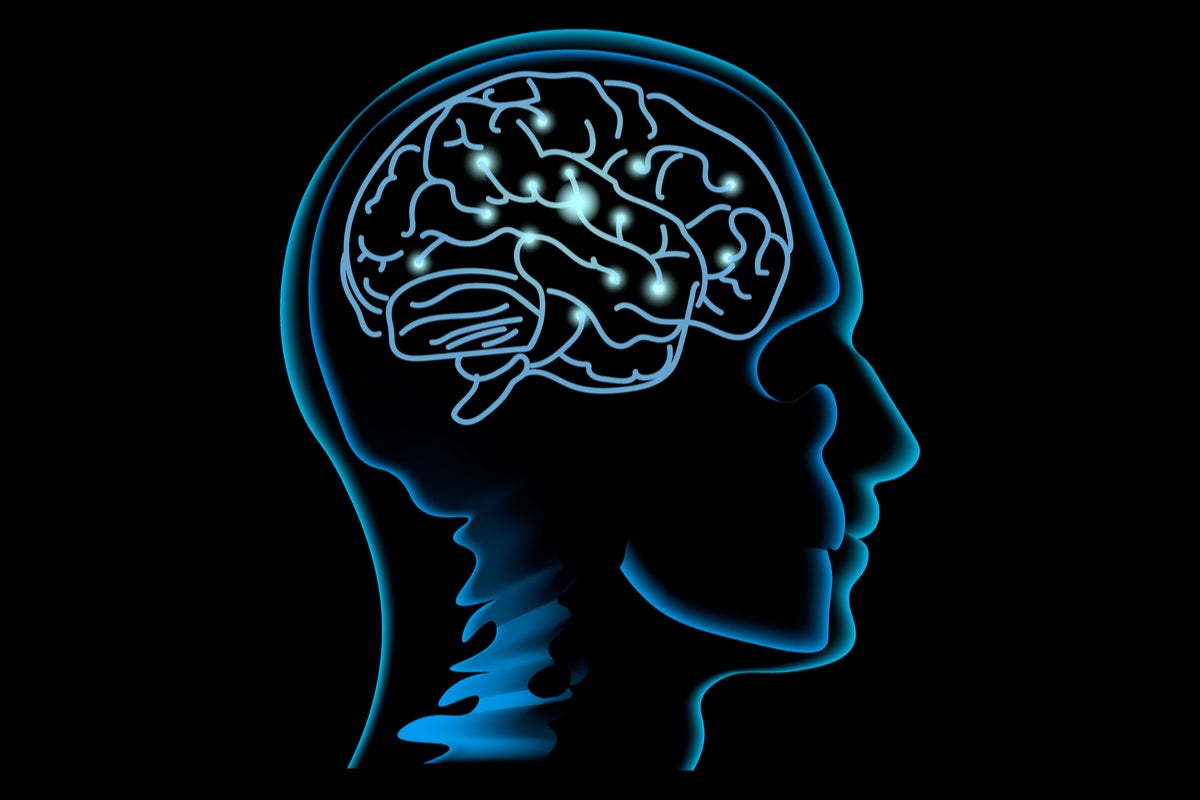Alexandra De Filippo is a principal advisor at the North American division of The Behavioral Insights Team (BIT), an organization widely known as the “Nudge Unit.” Since its inception, BIT has used behavioral science in wide-ranging efforts that include, among many others, increasing tax collection and electoral participation rates, boosting organ donation and reducing medical prescription errors. It is also recognized for using randomized control trials to test the efficacy of government policies. De Fillipo spoke in an on-camera interview about the many uses of behavioral science and the work BIT is conducting with the IDB around health and gender violence.
What is behavioral science?
Behavioral science seeks to understand how we make decisions and how that affects public policy, and explore if there are better ways of designing programs to take into account people’s motivations, but also how different aspects of the environment can affect what they end up doing. And if a program is designed differently, if we can then achieve better social outcomes.
In what areas of public policy have behavioral interventions been the most successful?
I think an area that has been very well developed is the area of health, where we have seen how small and cost-effective interventions can help patients complete a medical treatment or go to the doctor or get preventative care. We have also seen in the area of pensions and savings how very simple interventions have led to people saving or preparing themselves for the future because motivations there are very behavioral. There has already been a lot of theory to explain what could be happening. So, these are areas that are already far along and where we should be doing more.
What are you working on with the IDB?
Right now, we have a significant work agenda on anemia that we are launching to teach mothers how to use micronutrients to care for their children and help them be healthier, have greater learning ability, grow, etc. Also, on the treatment of malaria, where it is important for the treatment regime to be followed from beginning to end to reduce the probability of spreading it and obviously for the individual to have better results. Right now, we also have a project that is a little more theoretical where we are working on an article that discusses how survivors of gender violence in Latin America can be supported.


Leave a Reply